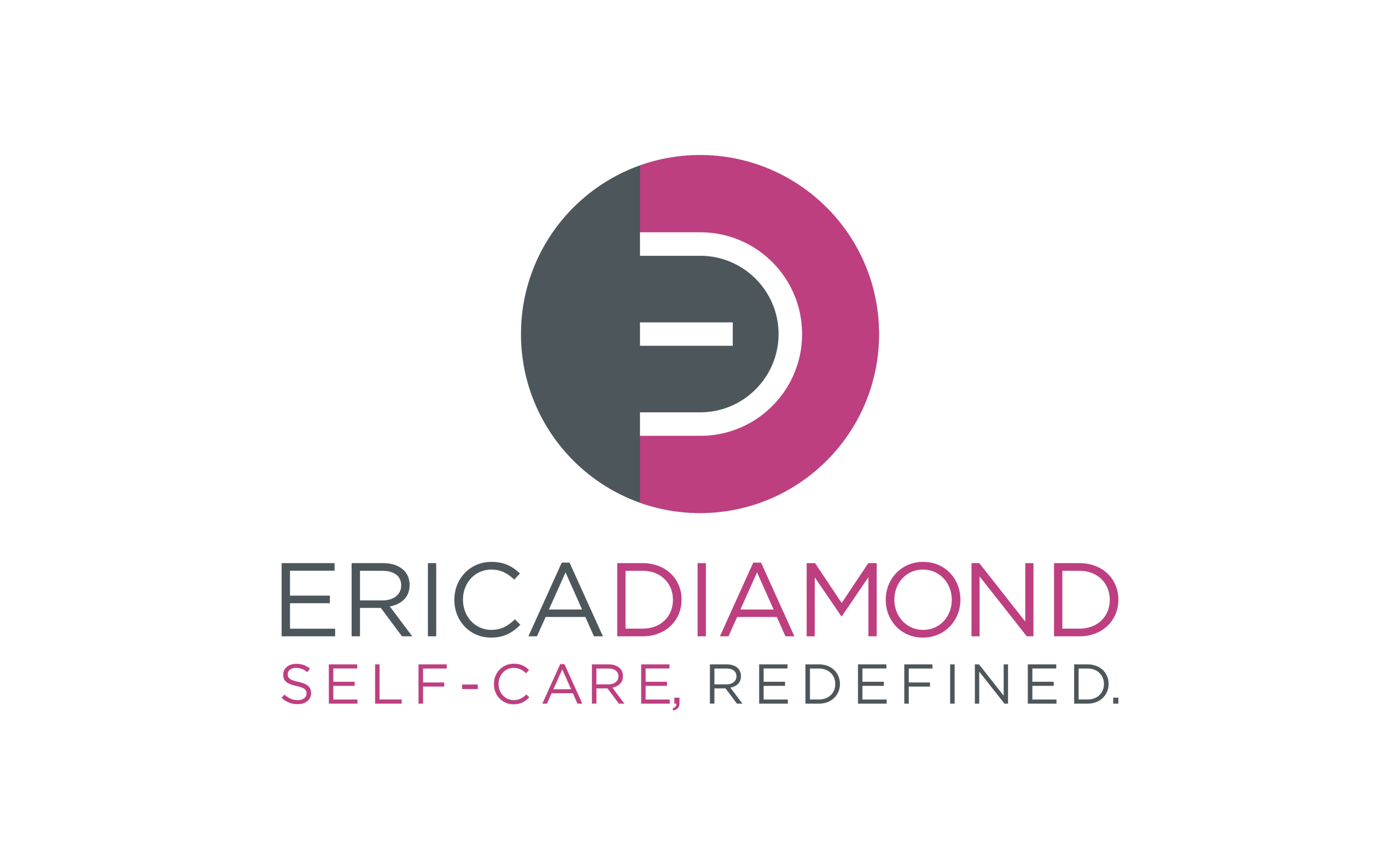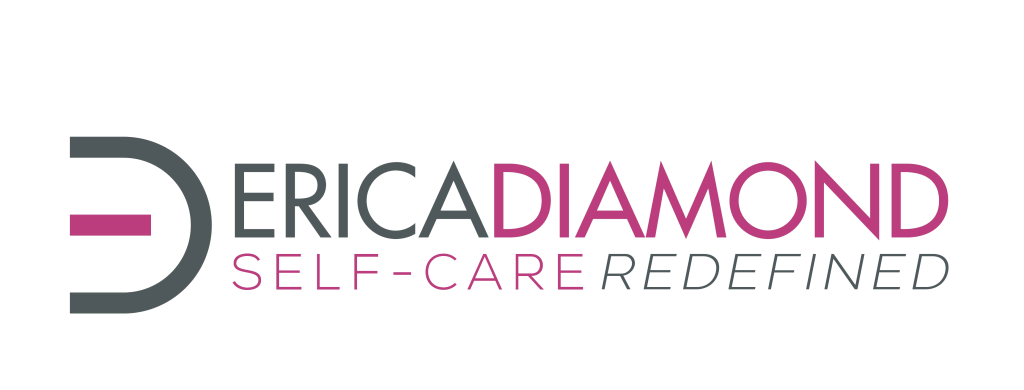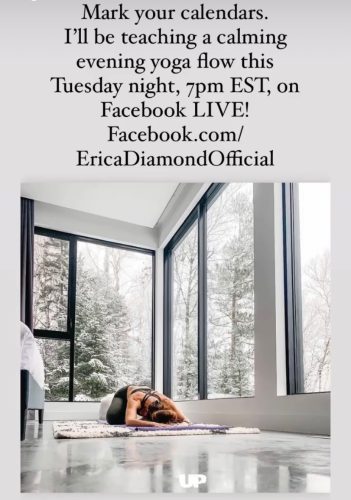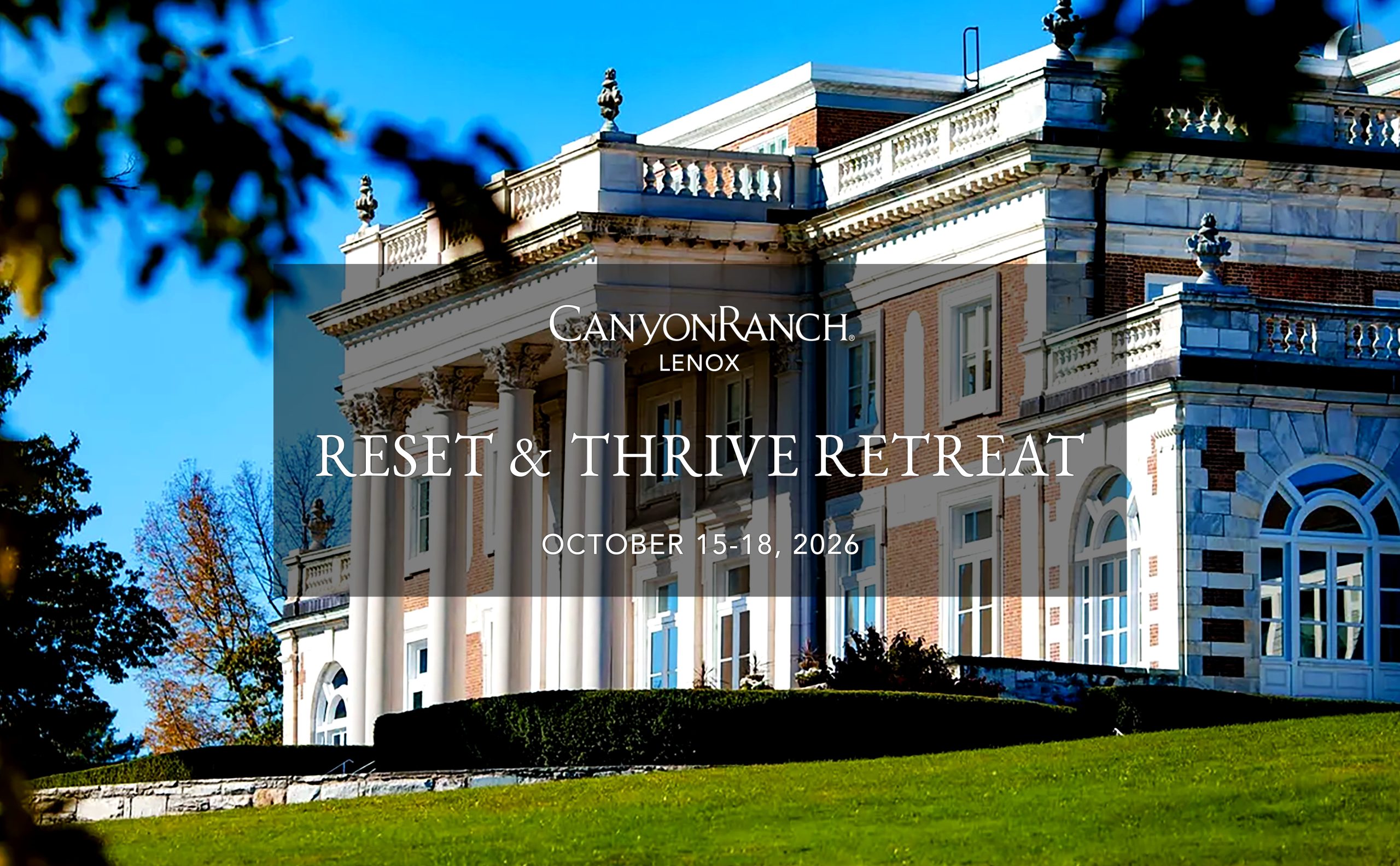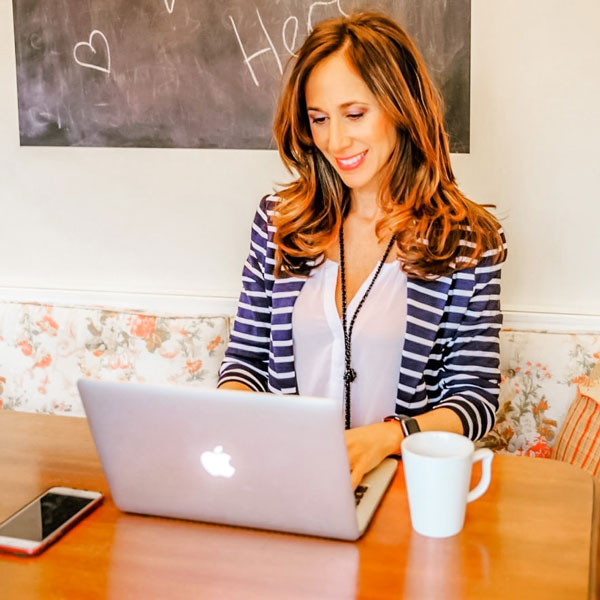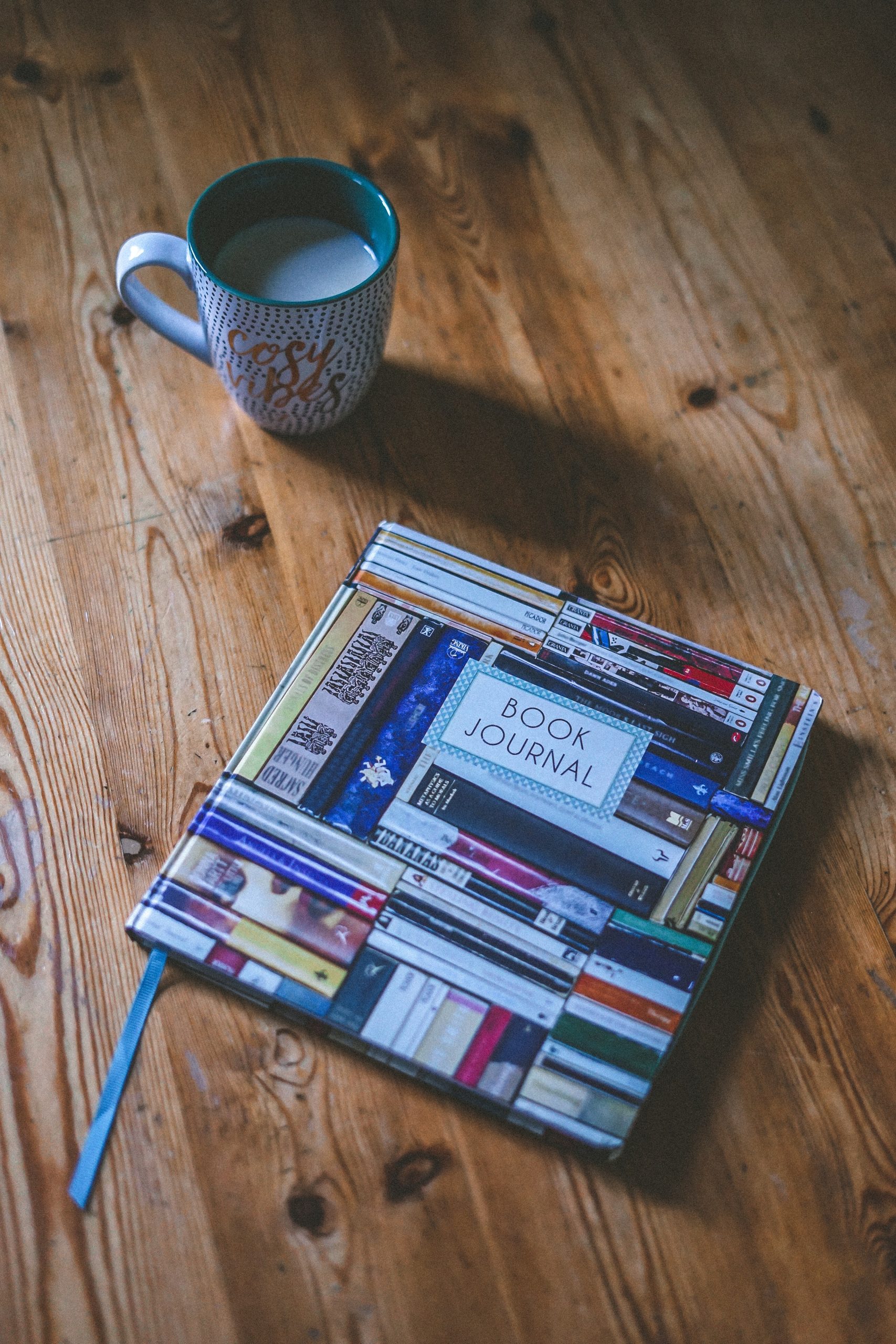
“The main difference between habits and routines is how much aware and intentional you are. … Both habits and routines are regular and repeated actions, but habits happen with little or no conscious thought, whereas routines require a higher degree of intention and effort. Habits require a cue, and after time, form a piece of a routine.” –Anne-Laure Le Cunff

“The difference between a routine and a ritual is the attitude behind the action. While routines can be actions that just need to be done—such as making your bed or taking a shower—rituals are viewed as more meaningful practices which have a real sense of purpose. Rituals do not have to be spiritual or religious.” – Anne-Laure Le Cunff
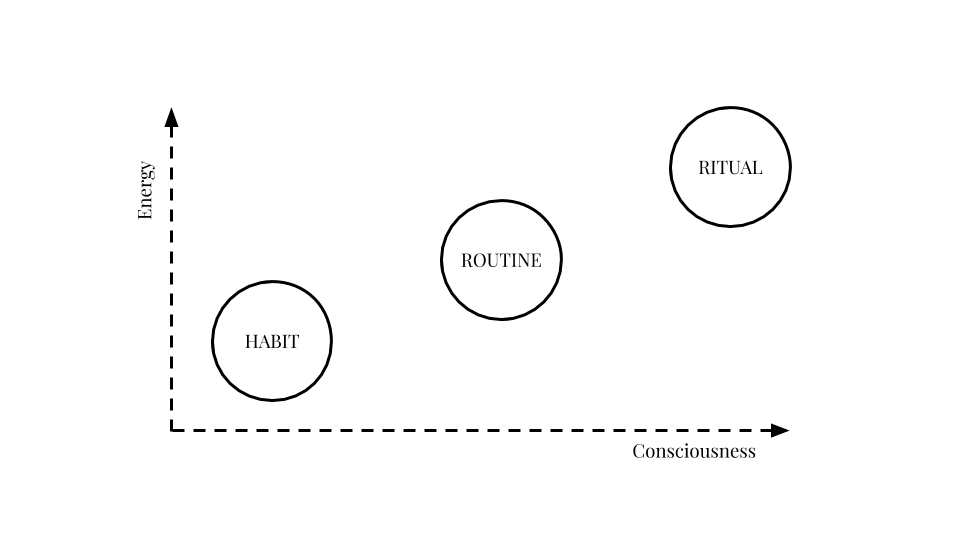
Are we good now? 😉
The idea is to turn the habit into a routine or even a beautiful ritual.
Happy Monday!
As we close 2020, I’ve love to invite you to create your evening routine or ritual as a goal for 2021.
Why?
Because you’ll sleep better, you’ll wake up more refreshed, you might even learn to love your evening ritual so much that you look forward to it throughout the day.
If you typically go to bed in a haphazard kind of way, I invite you to try something new.
My evening rituals are sacred to me, I protect and guard them at all costs. They start with an evening bath (365 days a year), and they conclude with a 30-minute meditation lying flat on my back in bed as the last thing I do before sleep. The in-between the bath and meditation can vary depending on how I feel, but I open and close the same way each night.
Something to note– while you might want to start building a new habit or ritual or routine, you also might wish to eliminate habits that don’t serve you, like eating dessert or sweets before bed. Or sitting on your phone right up until sleep.
See how powerful it can be to build a positive evening routine over a negative one, or at least one that doesn’t serve you?
When we build a healthy routine, life gets better.
You Might Ask: Isn’t a Morning Routine More Important?
I have a morning routine too, (betcha probably guessed), but I chose evening because I think evening routines set the foundation to the morning routine. THE BETTER MY EVENING, THE BETTER MY MORNING. THE BETTER MY MORNING, THE BETTER MY DAY. Think about it: if you stay up late, eating shitty food, how will you feel the next morning? And then the rest of the day? What if you spent your evening with a hot bath, then some gentle yoga, a little journaling, or listening to an inspiring podcast. How about catching up with friends? Meditation? A little health cooking? A funny movie?
You morning routine is so closely tied to your night-before routine. And so, I thought you might want to start building an evening routine as we wind down 2020, and roll into a new, HOPEFULLY MUCH BETTER VERSION OF THE YEAR WE JUST HAD.
7 Tips to Building an Evening Routine
Remember, your routine is YOUR OWN. Not your partner’s, not your friend’s, not mine.
1. Examine your current evening routine
Be aware of everything you’re doing now. Write down (in a journal preferably), or a piece of paper or your phone, your current evening routine. Write down every action you can recall. Awareness if the first step in identifying what we want to change or course-correct.
2. Make a list of all the activities you’d like to incorporate into your “ideal evening routine”
This is the fun part. You don’t HAVE to be doing these things yet, but write what your beautifully “perfect” evening routine could look like. EVEN IF YOU’RE NOT THERE. You might be breast feeding a newborn, for example, and aren’t able to do what you want to do right right now. That doesn’t matter. Write the activities that make you relaxed, calm, happy and peaceful. Think: cup of tea, bath, apply a mask/facial, listen to podcast, watch funny show for 30 minutes, journal, bedtime yoga, meditation, unplug by 8pm, read, bake… You get it. You also don’t have to do EVERYTHING all at once, and in one night. This is your big list of activities you could do throughout your week.
And if bedtime yoga is something you want to incorporate into your nighttime routine, please join me tomorrow night, Tuesday, December 29, 7pm EST on Facebook LIVE for a calming evening flow. Let’s do it together,
3. Create the cue that builds the routine
Let me explain what I mean. For example, to ensure that I work out in the morning, I lay my clothes out the night before by my bedside. To ensure I drink my room temp lemon water in the morning, I keep a jug of purified water by my sink every day. If you want to stop those sugary night snack cravings, cut up fresh fruit or veggies in your fridge during the day to make it easy to create the good habit. Set an alarm for 8pm every night as a way to remind you to power down. Get it? Create the cue that builds the routine you want to establish.
4. Make it your own and don’t be rigid
Every person is different, with different likes and tastes and different definitions of calm and pleasure, so don’t get stuck on what you think your routine “should” look like. It’s customized to you, and so it should fit your life. Create your loose outline, and then don’t be rigid if it changes, or if you don’t stick to it each night. Remember, it takes 21 days to form a new habit, and 66 days for it become more automatic, but it can actually take up to approximately 250 days for it to really stick. Be gentle on yourself as you build new habits. I also like to stick to the idea that I SHOULDN’T TAKE ANYTHING STRESSFUL INTO THE BEDROOM. The activities you are building into your life should be pleasurable to ensure you can sustain them.
5. Set an unplug time and stick to it if you can
I briefly touched on this above, but if you can actually commit to an unplug time and try and stick to it, your brain will thank you (a Harvard University study found that exposure to blue light, the light produced by your phone, can suppress melatonin and shift your circadian rhythm) and your body will thank you too. Screens need to end for you at a certain time (that includes TV, computer, phones). Swap it for some cuddle time with your kids or partner, or talking with a friend over the phone, or reading our journaling. Set an unplug time if you can. Also try and stick to a similar bedtime hour each night if possible.
6. Take 5-7 minute to review your next day
Every night (but not as my last evening activity), I take no more than 5 minutes to look at the upcoming day. I glance at my calendar and task list for the next day. It gives me a sense of calm knowing I’m closing my day, and I have a rough idea of what’s coming tomorrow. This way, I wake up with a sense of purpose and ease, knowing roughly what’s going on today and can make choices to thrive.
7. Offer yourself compassion if you fall off your “wellness wagon”
Please, my friend, if you miss a night or two, don’t beat yourself up. Let it go, and hop back on your well-being path. No one can sustain an ideal life each day. Remember, it’s what you do MOST OF THE TIME that matters. Please keep that in mind. Acceptance and self-compassion.
Quick Nighttime Ideas
And before we close, some quick ideas of activities to do at night, which will in turn create better mornings:
- Pack your gym bag and leave it by the front door, or lay your clothes out by your bed if you’re working out at home
- Plan your outfit for the next day
- Pull out your smoothie blender and have the fruit and veggies all cut up and ready to go to ensure you eat a healthy breakfast the next morning
- Make your healthy lunch the night before
- Set out some purified water to settle to room temp for the morning
We are aiming for a long-term sustaining lifestyle change, and that means we have to be in for the long haul. Small changes made over time, lead to big changes for you.
Also, you might enjoy this article for more ideas– 41 People Share Their Evening Routines.
I’ll see you on the mat tomorrow night, at 7pm EST. Maybe the first night of your new evening ritual for 2021. That makes me so happy.
Hugs,

